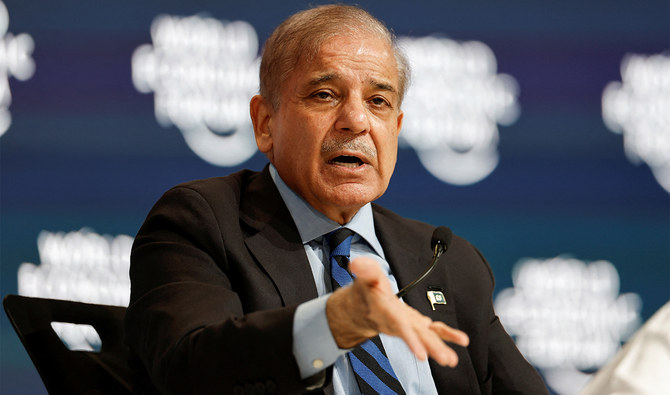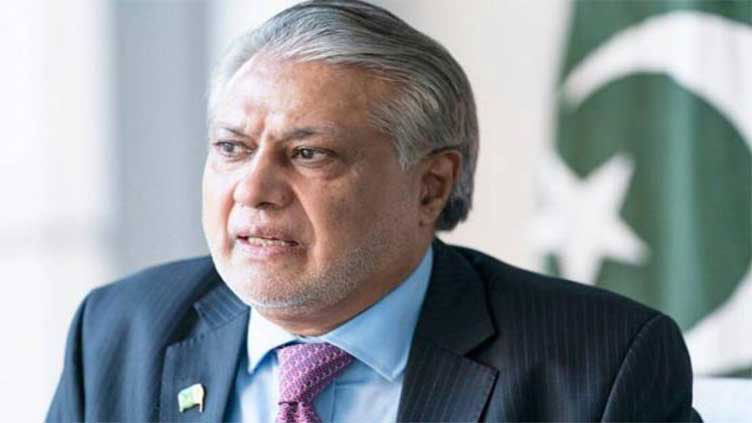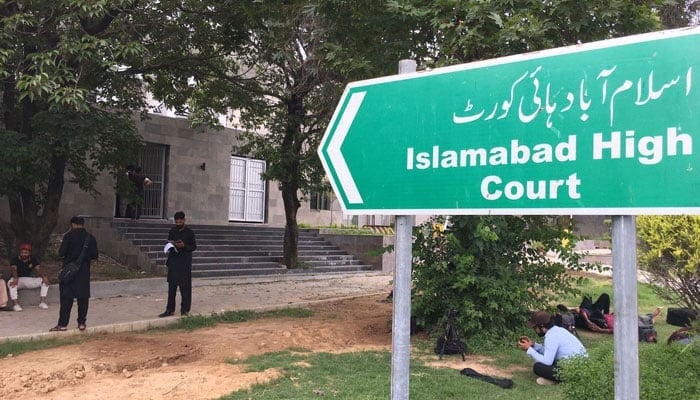- Power outages severely hit Pakistan during Ramadan at time of iftar and sehri.
- Power outages have further increased up to 10-12 hours.
- Country faces load-shedding due to unavailability of required fuel for power generation and non-maintenance of some power plants.
ISLAMABAD: Power outages have severely hit Pakistan during the holy month of Ramadan following the unavailability of required fuel for power generation and the non-maintenance of some important power plants, The News reported Friday.
The power outages have further increased up to 10-12 hours, making the lives of the public miserable even at the time of iftar and sehri.
A power division official said: “The less production of hydropower in the wake of no improvement in water flows into the system and no rain spell coupled with an increase in demand of electricity, because of a surge in mercury, which has increased to 19,000MW at peak hours, have also aggravated the electricity availability crisis. However, the demand during the daytime stands at 16,000 MW.”
According to official details, 12,000 MW of electricity is being produced in the daytime and 16,000 MW at peak hours starting from iftari to sehri, knowing the fact that the country has an installed capacity of electricity of over 39,000 MW, the publication reported.
All urban centres, such as Karachi, Hyderabad, Rawalpindi, Lahore, Faisalabad, and Sialkot have been severely hit with 4-10 hours of load-shedding and rural areas with 10-12 hours. In Karachi, 3-4 hours of load-shedding is underway because of a reduction in electricity supply from the national grid by 300 MW.
In Interior Sindh, the load-shedding currently stands at 10-12 hours. In Rawalpindi, power outages hover over 4-5 hours. The dwellers in Faisalabad, Gujranwala and Sialkot and their rural areas are also experiencing power outages of 4-10 hours. However, some areas are also facing load-shedding but at a bearable level.
In Lahore and its suburbs, the load-shedding stands at 4-10 hours. In the jurisdiction of MEPCO, power outages have increased to 12 hours. In Balochistan, the electricity load-shedding has surged to 10-12 hours. KPK is also facing power outages from 6-12 hours.
The water resources ministry said that Wapda has the installed capacity to generate electricity of 9,400 MW out of which during peak hours, the hydro generation currently stands at 4,700 MW whereas the average production of hydel stands at 3,400 MW. The system is getting from Tarbela Dam just an average 762 MW, Mangla 433 MW, Warsak 111 MW because of no improvement in water flows. However, the Neelum-Jhelum Hydropower project is producing electricity of 968 MW and the Ghazi Barotha hydropower project 644 MW on average.
Liberty Power of 210 MW, Rousch of 410 MW, Nandipur of 525 MW, FKPCL 140 MW and nine units of Faisalabad GTPS have not been producing electricity for the non-availability of RLNG for the last four months, from Dec 12, 2021.
HCPC of 120 MW has also been dysfunctional since October 4, 2019, owing to the expiry of its gas supply agreement. Two units of Jamshoro Power House of 549 MW and four units of Muzaffargarh of 840 MW have been non-functional since April 8 and 9, 2022, for a lack of furnace oil.
The unit-2 of the Sahiwal power plant based on coal has not been producing electricity of 621 MW since April 20, 2022, for a lack of imported coal. However, 18 power plants having a capacity of 3,605 MW have been non-functional because of technical faults and non-maintenance.
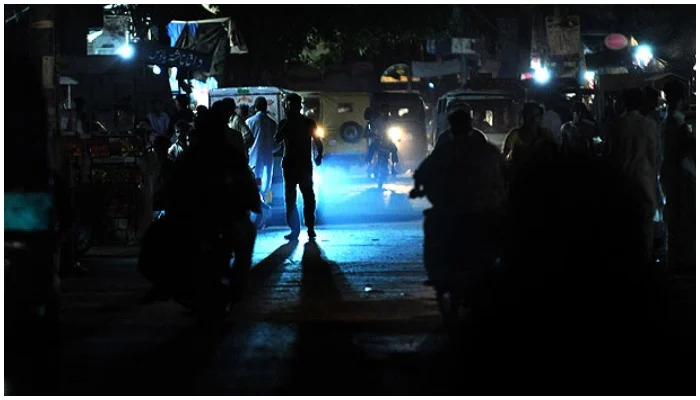

 Latest News7 hours ago
Latest News7 hours ago
 Latest News8 hours ago
Latest News8 hours ago
 Latest News7 hours ago
Latest News7 hours ago
 Business7 hours ago
Business7 hours ago
 Latest News7 hours ago
Latest News7 hours ago
 Latest News8 hours ago
Latest News8 hours ago
 Latest News7 hours ago
Latest News7 hours ago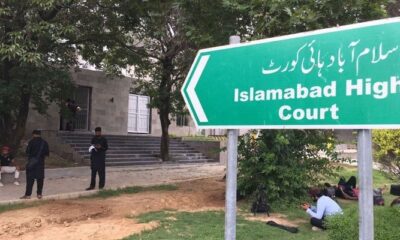
 Latest News7 hours ago
Latest News7 hours ago
